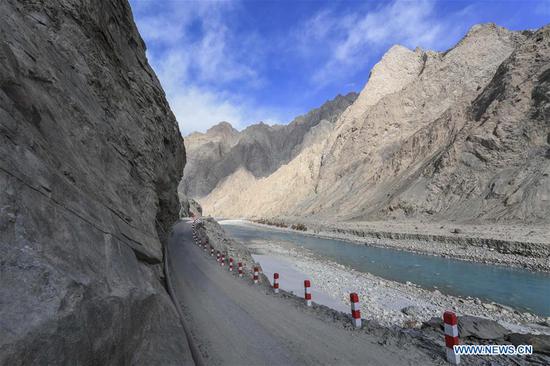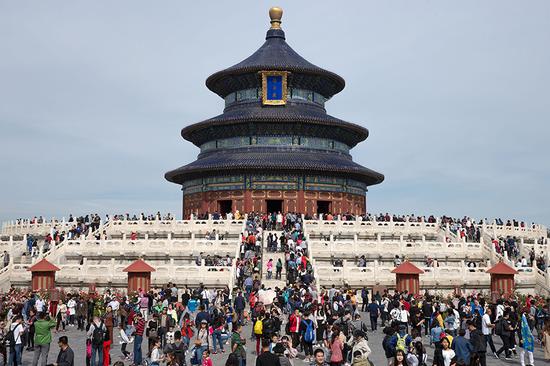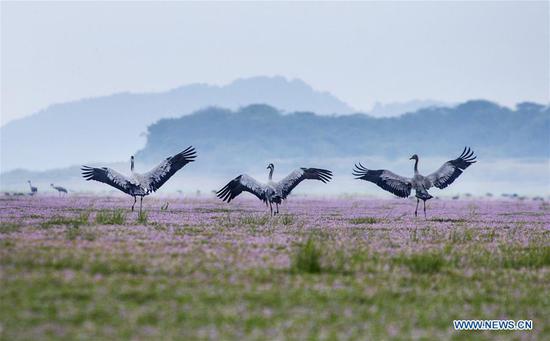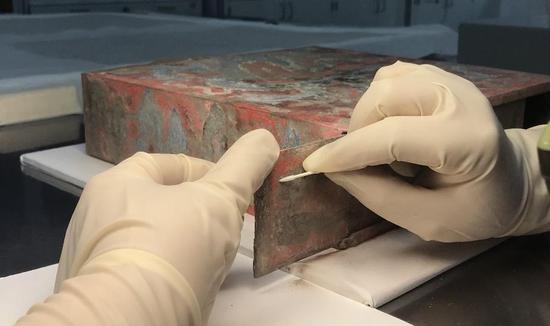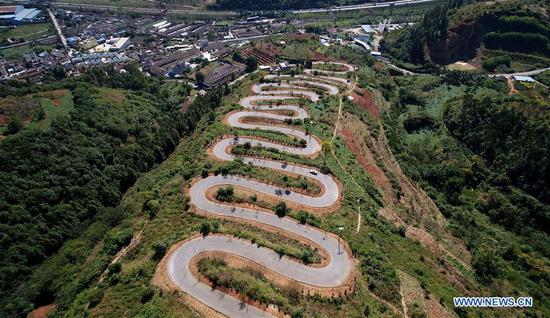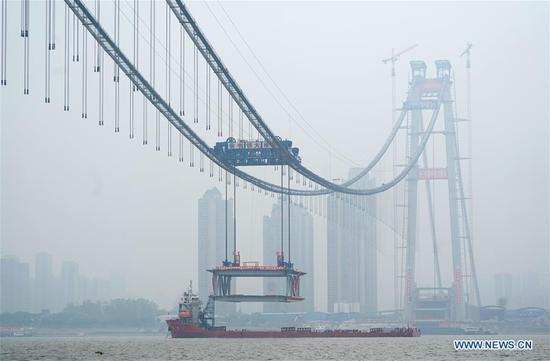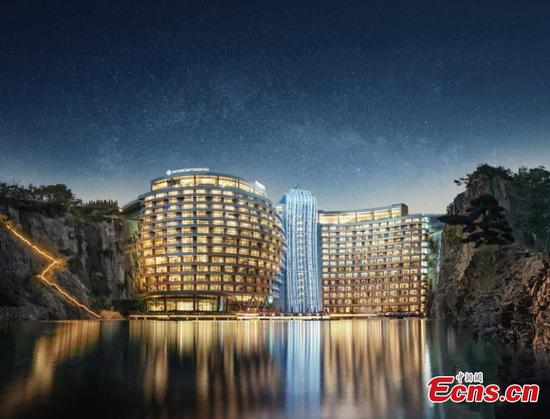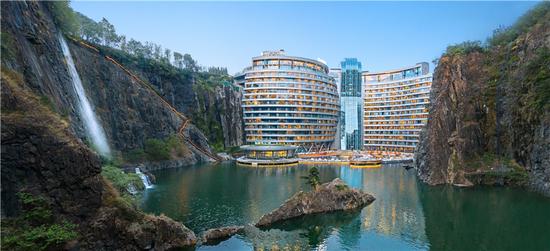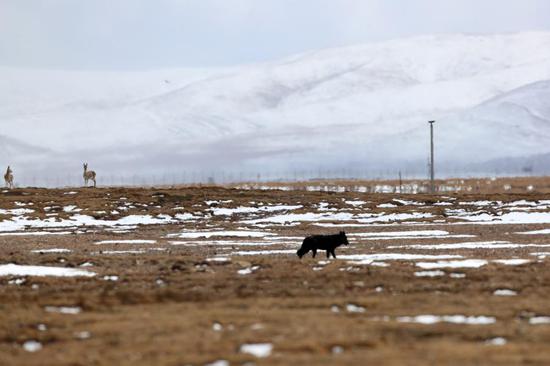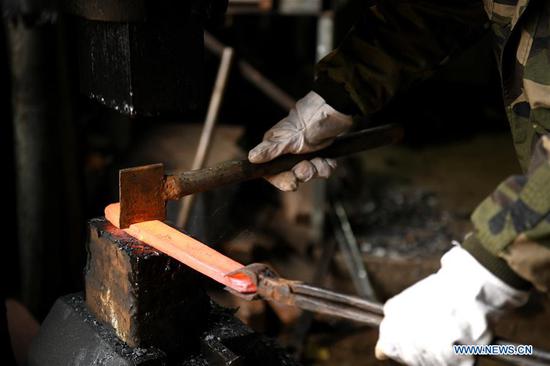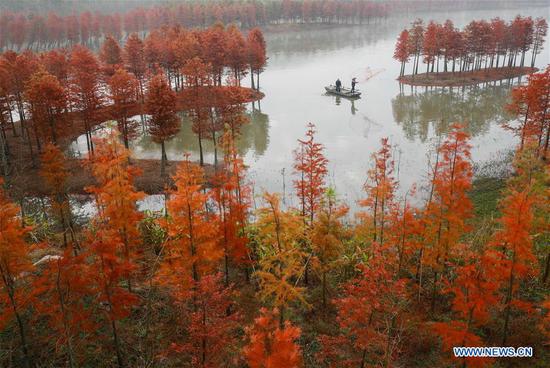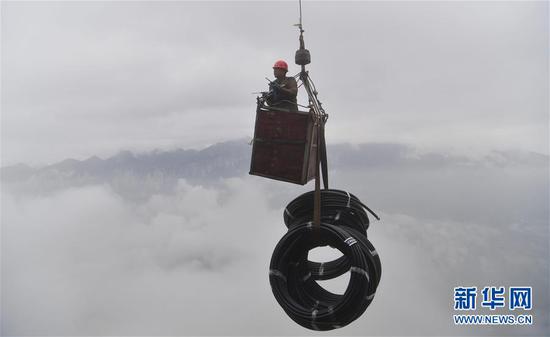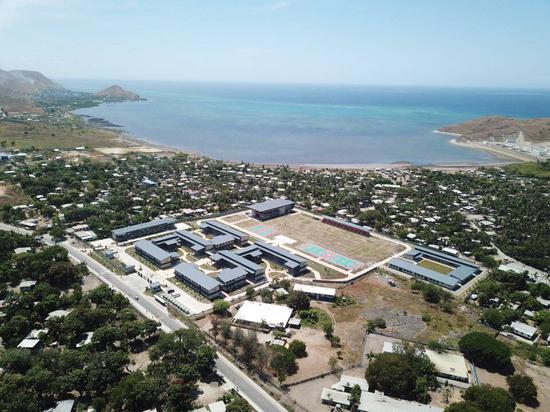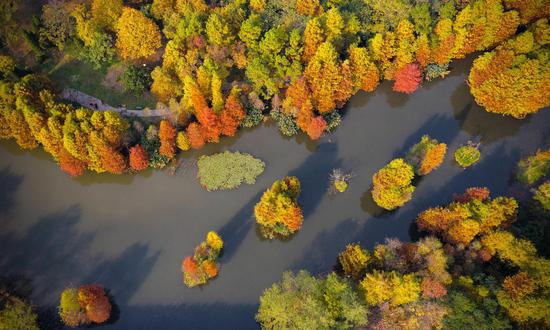![A power plant in Yichang, Hubei province, is demolished to make way for Yangtze protection efforts. [China News Service] A power plant in Yichang, Hubei province, is demolished to make way for Yangtze protection efforts. [China News Service]](http://image.cns.com.cn/ecns_editor/transform/20181119/GbNi-fyzxiuk9402357.jpg)
Muhe is a migrant village in the Fuling district of Chongqing on the banks of the middle reaches of the Yangtze, with most villagers coming from areas flooded for the Three Gorges Reservoir. They plant fruit trees, including loquat, litchees, longan and oranges.
Liu Jiaqi, Party secretary of the village, has another title - "river chief" - and is responsible for protecting the more than 1 km section of the Yangtze that passes through Muhe.
Early last year, Liu found a pickled vegetable factory in the neighboring village of Linfeng was suspected of discharging waste water into the Yangtze. He contacted the "river chief" in Linfeng, who ordered the factory to dismantle a newly built drainage outlet.
Liu, who met with Xi during the latter's visit to Chongqing, said that as the president stressed, "we shoulder heavy responsibility to protect the mother river", and it will take the joint efforts of the tens of thousands of grassroots "river chiefs" in the Yangtze drainage area to make a difference.
Sewage from the village used to be directly discharged into the Yangtze. Now, every family has been provided with underground tanks to collect biogas, with help from the local government. The tanks collect sewage and produce methane for use as fuel, with the residue used as fertilizer.
To protect the Yangtze's ecology, the county government in Yunyang, Chongqing, suspended a chemical engineering project that was under construction.
If completed, the project would attract investment of billions of yuan and generate 1 billion yuan ($143 million) in tax revenue a year.
Zhang Xuefeng, Party chief of Yunyang, told the media that although the project would be a big boost for the local economy if completed, "we cannot ignore its impact on the environment, and we must prioritize ecological protection".
Some of the efforts made along the Yangtze have paid off. By the end of last year, there were 896 nature reserves, covering an area of more than 78,000 sq km next to the waterway, of which 385 are protection zones for aquatic species.
According to the Academy of Social Sciences of Shanghai, improvements made to the water quality in the river's drainage area have been the fastest among all major rivers in the country.
The air quality index, sewage water treatment, residential and industrial waste treatment and green coverage ratios of the 110 major cities in the Yangtze River Economic Belt are all markedly above the national average, although there is potential for further improvements.
Despite this, experts warn there is still a long way to go in transforming the river from being a fish desert to a fish paradise, as some of the changes it has seen are almost irreversible.

















